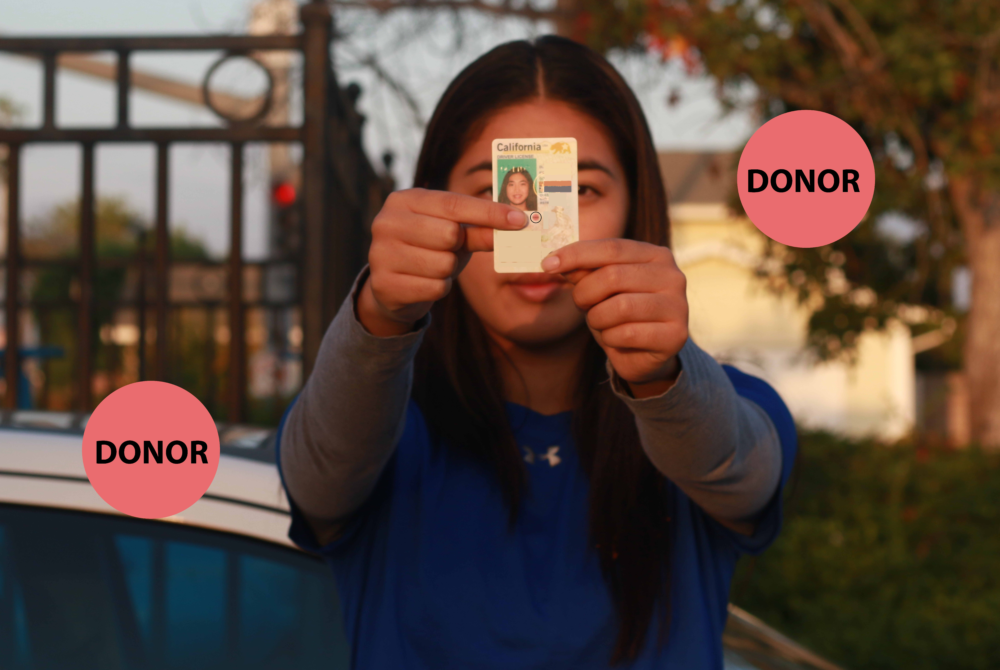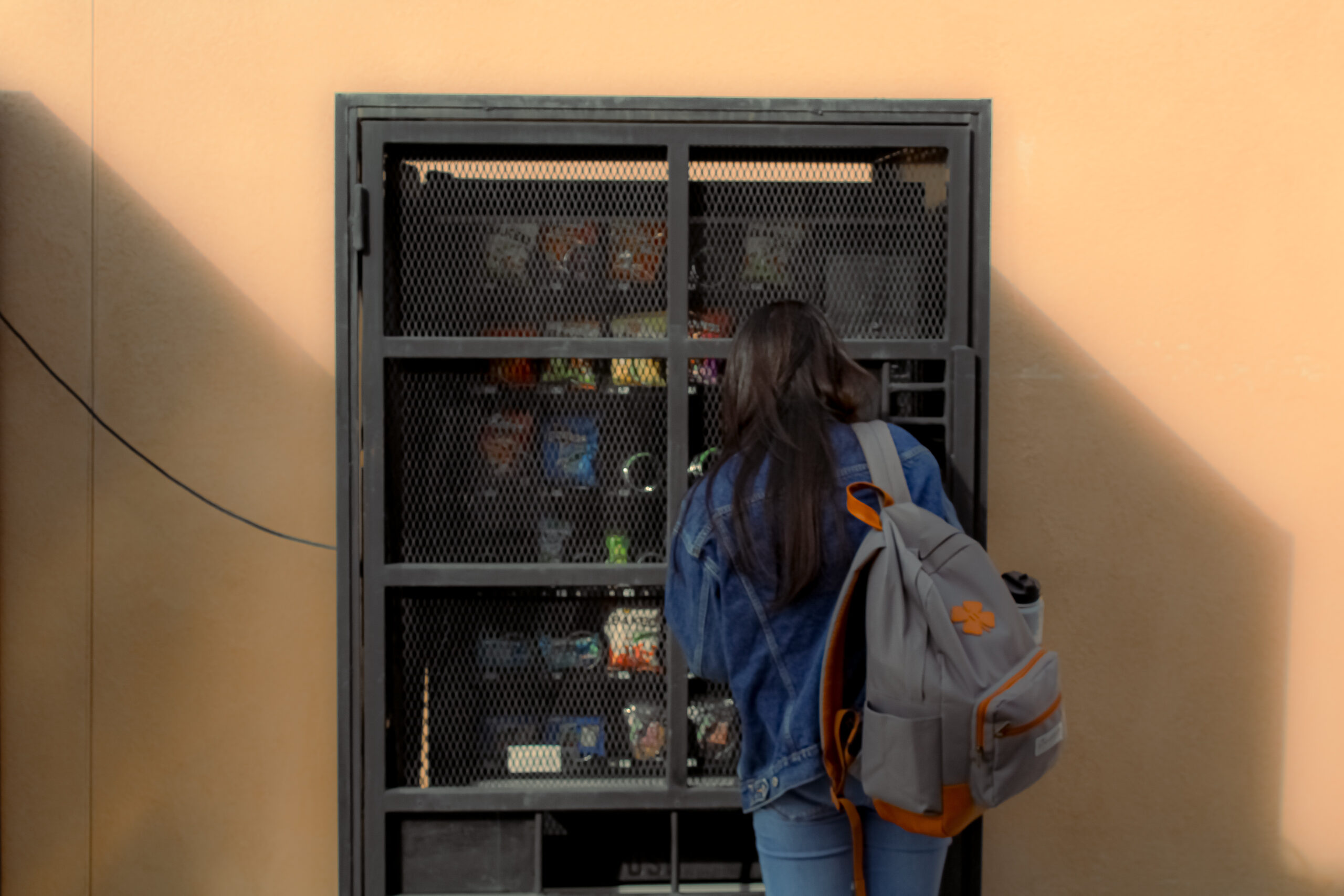
By Lindsey Nguyen, Lylyan Yenson, & Joud Baghal
Picture this: you’ve completed your driver’s education, studied hard for your permit test, booked your DMV appointment and then go to take your test. Congratulations on passing! You head over to the counter to complete some more paperwork. Suddenly, a question pops up that you’re unsure of how to answer.
Would you like to be an organ donor?
At this point, you must be confused; this question came right out of the blue. Do you check ‘Yes’ and become an organ donor? Or do you check ‘No’? Will you be able to change your mind in the future?
You’re probably going to opt out just as many others do when they’re confronted with this question for the first time. Many believe that becoming an organ donor leads to donating one of your kidneys right at that moment in the DMV, but that isn’t the case.
It’s important that you know what it means to be an organ donor, the circumstances of organ donation and how the process of donating your organs works. We’ve got your back.
How does organ donation work?
If you’re an organ donor, your organs are harvested for donation when you have been determined as brain dead by two separate physicians. However, if you wish to directly donate a certain organ while you’re alive, you must go through a medical examination at a transplant center to determine if you are physically and psychologically fit to donate.
The circumstances where your organs are the right condition to be harvested are slim. To remain suitable for donation, organs need a constant flow of oxygen-rich blood to keep them functional. In most instances, accidents are too severe and the victim dies before arriving at a hospital and their organs are no longer fit to be donated. Doctors refrain from harvesting organs when circumstances are not perfect.
If all is well and the organs are suitable for transplant, there also comes the question of being a match to a person who is in need of an organ. To be compatible with an organ donor, the patients must have the same blood types and of relatively the same age group. This ensures a lower chance of organ rejection by the recipient’s body.
Who oversees organ donations?
The United Network for Organ Sharing (UNOS) oversees organ donations in the United States and Puerto Rico.
Patients who need a transplant must go to a transplant hospital first and speak to the hospital’s transplant team. From there they will decide whether or not the patient is a good candidate and add them to the national waiting list. UNOS will later contact the patient when added to the list and give further information.
The waitlist for a transplant is ever-changing and a recipient’s position is dependent on numerous variables. Due to a shortage of organs suitable for donation compared to those waiting for a transplant, UNOS generates a new list for every available organ in order to make the best match for a transplant.
What does donor sticker on your license mean?
So, when you agree to become an organ donor and receive your license with that red sticker on it, it acts as legal consent to become an organ donor. In case you are unable to make the decision or communicate whether or not you would like to be an organ the answer is available to the physicians. Although, it can also be up to your guardians or next of kin who can agree with the organ donation or make the decision to not donate.
Why should you become an organ donor?
There are numerous reasons to become an organ donor, but the main reason why most people is because they are given the opportunity to save lives even after they have passed. Organ donation is a way to give back to others and help other families. In 2019, there were nearly 11,900 donors and about 7,400 people who were able to continue living thanks to the donors.
There are over 100,000 people in need of an organ transplant and unfortunately, about 20 patients die per day because of the lack of donation and donors. The list for organ transplants grows each day and the people that are added to this list typically have an organ disease, so a transplant can significantly change their quality and length of their life.
Organ donation can create positive impacts and help families work through the grieving process by knowing that their loved one helped save the lives of others. Many of the organ donor’s families reconnect with the person who received the transplant as it gives them a sense of peace knowing that their loved one is still alive in a way.
For example, Evan Hauk, a 13-year-old boy, was pronounced dead at the hospital due to a tragic incident and his parents made the decision to donate his corneas. His mother, Jessica, claimed that it was an easy decision to make as she always wanted to be a donor and donating his corneas was a special way for him to continue on. She believed that her son would want to help others if he could. It keeps his memory alive and gives the family peace to know that a part of him is living on and helping someone live a better life.
Hauk’s story is one of many that continue to inspire people to become organ donors.
To become an organ donor, all you need to do is register with your state’s Organ Donor Registry and check ‘Yes’ when applying for your driver’s license.





